BMW is taking a step towards reducing its carbon footprint by exploring alternative fuel options, and it turns out diesel can play a part in the solution. However, this is not your regular diesel; it’s a special type called HVO100, short for hydrotreated vegetable oil. BMW is utilizing this pure renewable fuel in logistics-related scenarios, specifically for the trucks operated by logistics provider Guggemos (GV Trucknet) from Landau an der Isar to the Plant Munich.
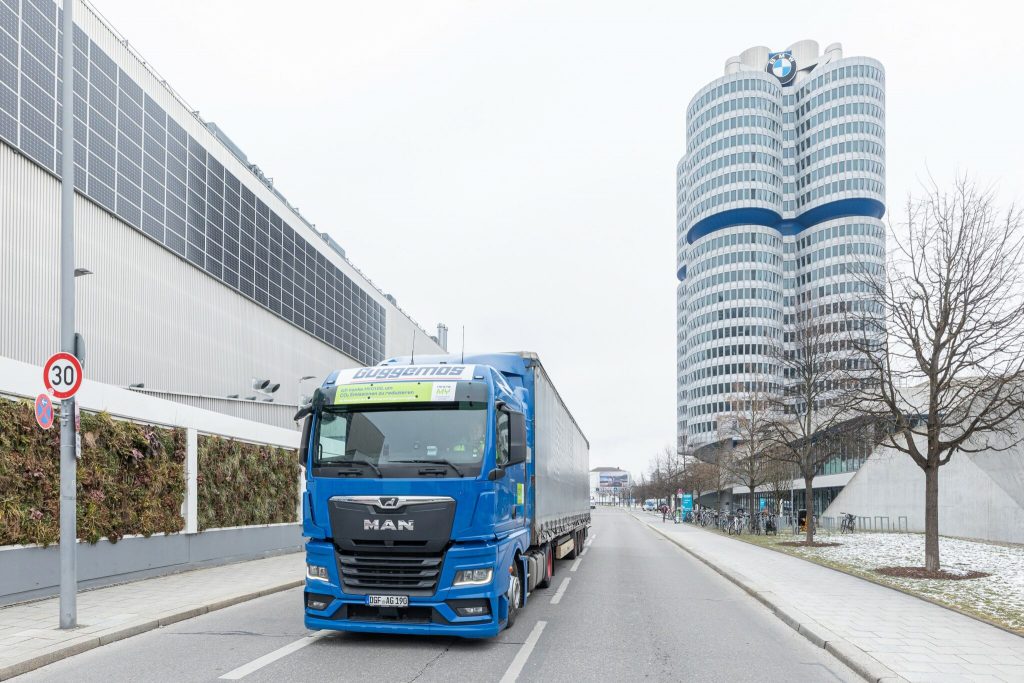
HVO100 is derived entirely from renewable sources, such as waste products, residues, and renewable raw materials like used cooking oil. Produced by Finnish oil refining company Neste, this fuel offers significant environmental advantages. Research has shown that it reduces well-to-wheel CO2 emissions by 90% compared to fossil diesel, even though fuel consumption is slightly higher by approximately 3%.
The fleet of 10 trucks running on HVO100 is projected to generate 800 tons less CO2 annually than they would with conventional diesel. These trucks cover a distance of about 40 kilometers (nearly 25 miles) each, transporting warehouse parts from the BMW Group Supply Centre in Eching to the plant in Munich.
One of the major advantages of HVO100 is that it can be used without any modifications to the trucks, making it a seamless transition. Additionally, it can be blended with regular diesel in any ratio and can be conveniently supplied through existing fuel station infrastructure.
It’s important to note that HVO100 is different from biodiesel in terms of its chemical composition. Neste’s hydrotreated vegetable oil is produced by converting plant oils into hydrocarbons through a catalytic reaction with hydrogen. BMW emphasizes that these 10 trucks are an addition to the existing fleet of purely electric trucks used at the Munich Plant, while hydrogen powers the floor conveyors at the Hydrogen Competence Centre in Leipzig.
By embracing HVO100 as an alternative fuel, BMW demonstrates its commitment to sustainable transportation and explores innovative solutions to reduce its environmental impact. This initiative complements the company’s existing efforts in adopting electric and hydrogen-powered vehicles, contributing to a greener future in the automotive industry.

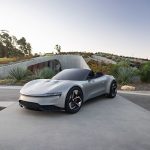

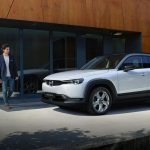





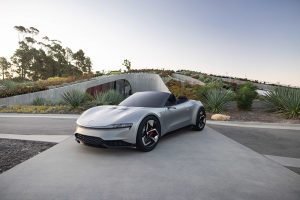
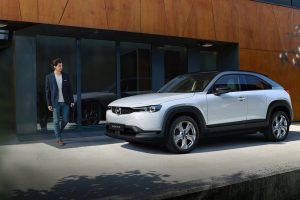
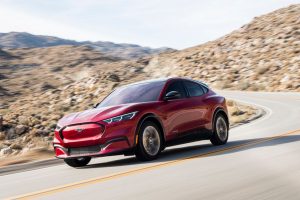





Add Comment